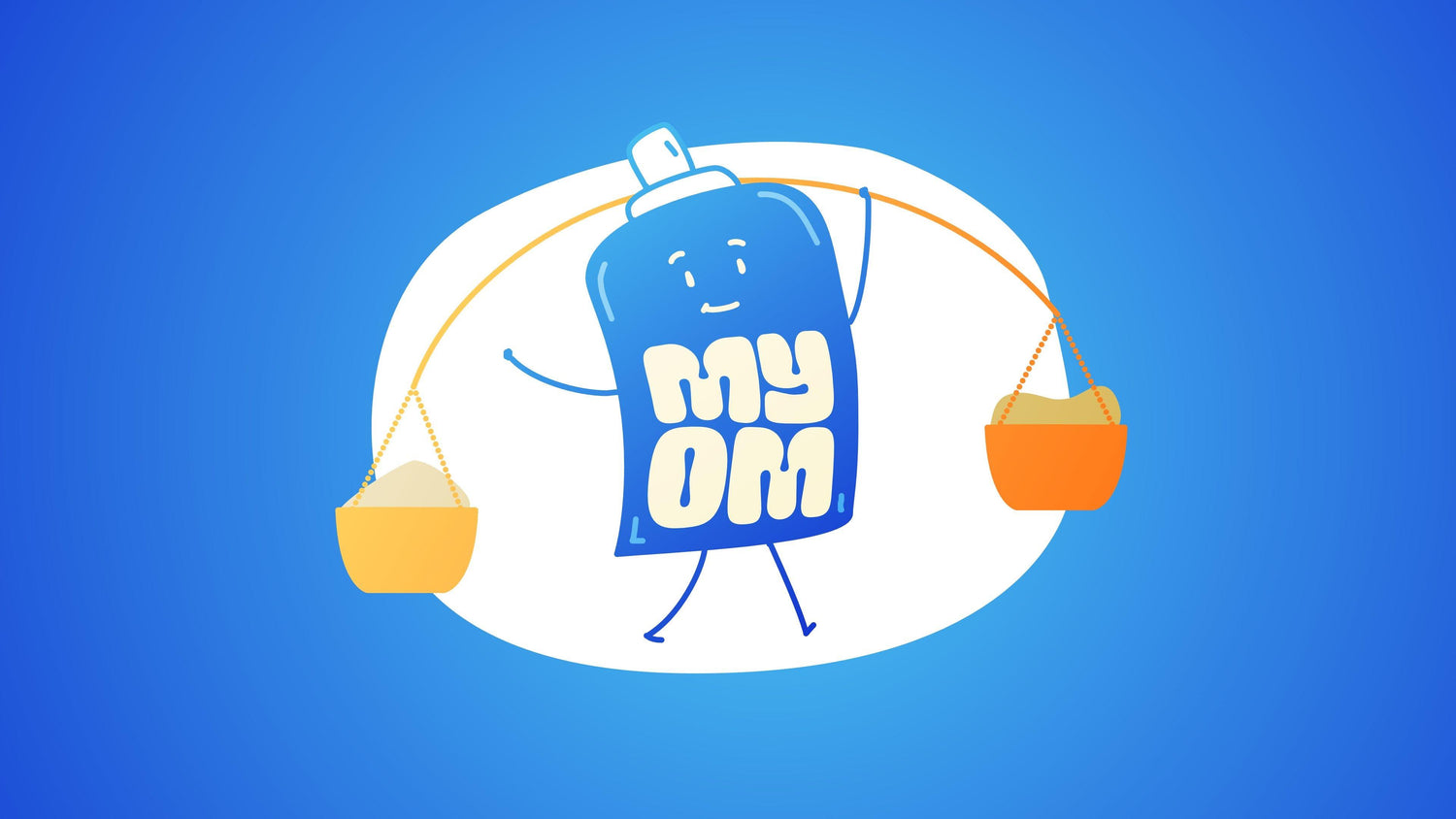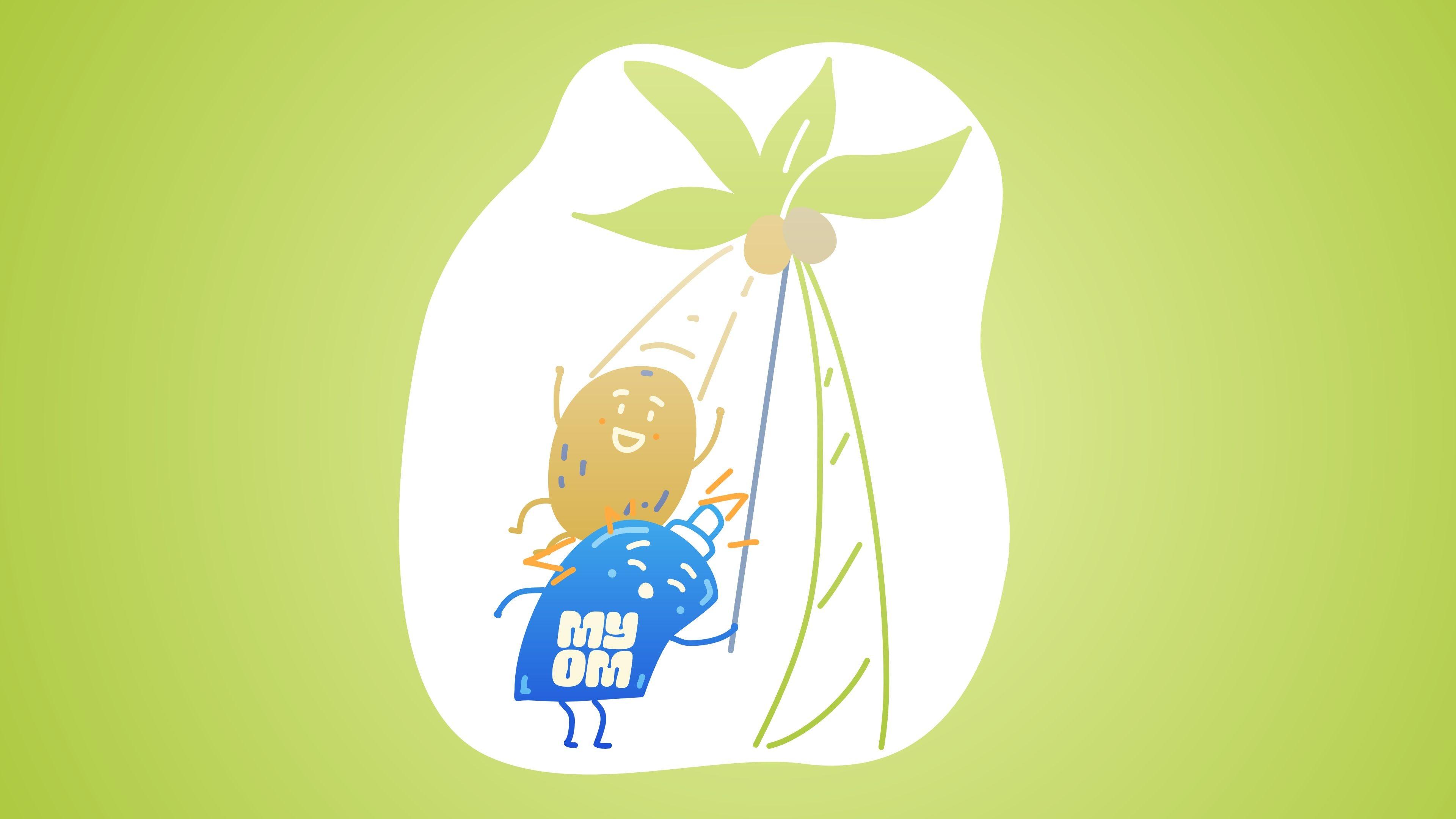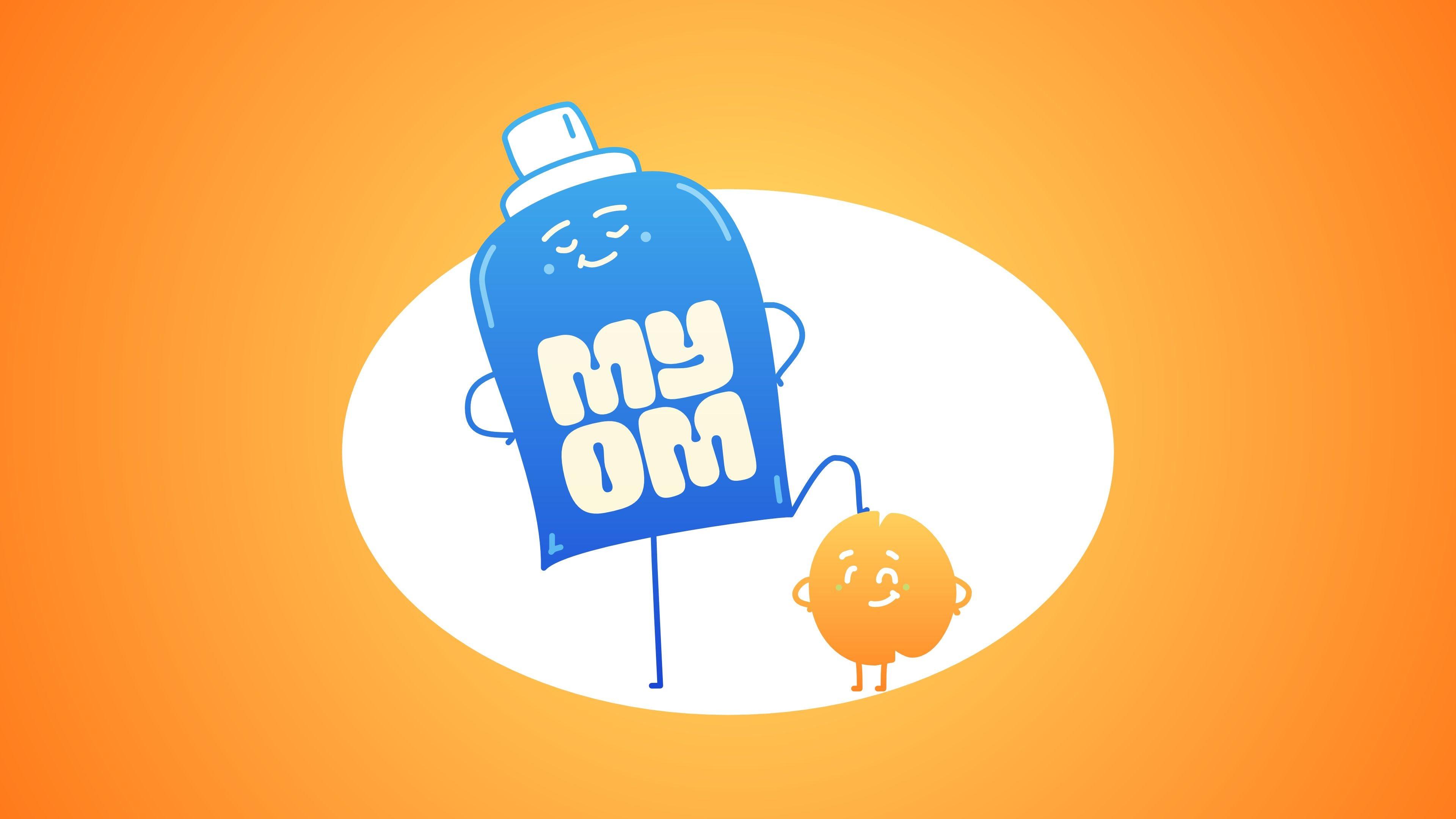Choosing what we pour into our morning coffee or cereal has become quite important. There's a lot of buzz around plant-based milk alternatives, with oat milk and rice milk leading the way. These two have emerged as top contenders in offering nutritious, environmentally friendly, and tasty dairy alternatives. But when it comes down to it, how do they really compare?
What is Oat Milk?
This dairy-alternative drink is packed with a simple ingredient: oats. These grains undergo soaking, blending, and straining, resulting in a creamy, oat-infused beverage that's both comforting and versatile.
When it comes to plant-based milk alternatives, MYOM stands out from the crowd, including other options like soy milk and conventional oat milks. Unlike ready-made beverages, MYOM offers a unique proposition as a first-of-its-kind oat milk premix.
MYOM ingeniously eliminates excess water, enabling you to create creamy, sustainable oat milk tailored to your preferences without any waste. Whether you're seeking a specific thickness, flavour, or nutritional profile for baking, drinking, or barista-style foaming, MYOM's adaptability and reduced environmental impact make it a game-changer compared to premade plant milk options. Going beyond soy or standard oat milk, MYOM represents the future for those prioritising the most eco-conscious and customisable dairy-free milk solution.
What is Rice Milk?
Rice milk is a non-dairy milk alternative made from milled rice, typically brown or white rice, blended with water. It's commonly used as a substitute for traditional cow's milk by individuals who are lactose intolerant, allergic to dairy, or following a vegan diet. Rice milk has a mild, slightly sweet flavour and a thin consistency compared to other plant-based milks like almond or oat milk. It's often fortified with vitamins and minerals, such as calcium and vitamin D, to enhance its nutritional profile.
Oat milk and rice milk are both popular dairy-free alternatives to traditional cow's milk. Here's a comparison between the two:
Nutritional Comparison
Oat Milk
When comparing oat milk to rice milk, it's evident that each offers unique nutritional benefits and flavour profiles.
Oat milk is packed with nutrients:
- Fibre: Excellent for promoting healthy digestion.
- Vitamins and Minerals: Abundant in essential nutrients such as B vitamins, calcium, and iron.
- Energy: Long-lasting energy from complex carbohydrates.
Be cautious of sneaky added sugars lurking in various brands. However, MYOM Original Oat stands out for its naturally low sugar content, carving a niche as a favoured choice among consumers.
Rice Milk
Rice milk tends to be lower in protein, with about 1 gram per cup, rice milk offers:
- Hypoallergenic: Suitable for individuals with allergies to soy, nuts, or dairy.
- Low in fat: Ideal for those looking for a low-fat alternative to dairy milk.
- Easy to digest: Gentle on the stomach, making it a suitable option for sensitive digestive systems.
In summary, oat milk tends to be higher in protein and fibre compared to rice milk. However, rice milk may appeal to individuals with allergies to oats or soy, as it's free from common allergens. Both options are often fortified with essential vitamins and minerals, making them suitable alternatives to dairy milk.

Taste and Texture
Oat milk and rice milk offer distinct tastes and textures that set them apart from each other.
-
Oat Milk: Creamy texture with a slightly sweet, oat-like flavour. It's often described as being thicker and richer compared to other plant-based milks.
- Rice Milk: Lighter texture with a mild, slightly sweet taste. It's thinner than oat milk and can have a slightly grainy texture.
Using versatile Oat Milk and Rice Milk
Oat milk and rice milk are kitchen essentials, celebrated for their unique flavours that give recipes that extra oomph.
Oat Milk
It's your favourite for:
- Creaminess: add a little creaminess to your coffee and tea without overpowering the flavour.
- Smoothies: Creates deliciously thick and creamy smoothies for a nutritious breakfast or snack.
- Baking: Perfect baking partner, for moist and flavorful cakes, muffins, and cookies.
Rice Milk
Rice milk is your go- to for:
- Flavour: Offering a naturally sweet flavour that complements both sweet and savoury dishes.
- Pantry Favourite: add a subtle milk flavour to desserts, baked goods, and creamy soups.
Environmental considerations
- Oat Milk: Generally considered to have a lower environmental impact compared to dairy milk, but it can still have a significant carbon footprint depending on production methods and transportation.
- Rice Milk: Rice cultivation can have environmental implications, including water usage and methane emissions from flooded rice paddies. However, rice milk production generally requires less water and land compared to dairy milk.
Choosing MYOM oat milk for its environmental consciousness empowers consumers to actively participate in shaping a sustainable narrative, fostering a greener future one sip at a time.
Health Considerations
While both oat milk and rice milk offer nutritional benefits, it's important to consider your individual health needs and preferences:
- Oat Milk: Ideal for individuals with nut allergies or those following a vegan or plant-based diet. It's also a rich source of fibre, which promotes digestive health.
- Rice Milk: Suitable for those seeking a dairy-free option and individuals with lactose intolerance. It's naturally cholesterol-free and contains no saturated fats, making it a heart-healthy choice.
Understanding your dietary requirements and acknowledging the health implications of these milk alternatives sets the stage for a mindful consumption journey.
Conclusion — The Considerate Choice
In conclusion, both oat milk and rice milk offer dairy-free alternatives with their own unique flavours, textures, and nutritional profiles. The choice between the two often comes down to personal preference, dietary restrictions, and intended use.
It’s time to change the milk story, to bring something exciting to the table, something intuitively better for ourselves, our families and the home we call our planet.
Honestly, enough of the bovine methane burping. Enough of all those diesel-cooled truckloads being hauled around the country. And just think of all the waste that comes from throwing away an out of date product.
It’s time to choose taste, not waste. Let’s shake things up a little.
By allowing consumers to produce fresh oat milk at home, MYOM taps into the rising trend of mindful consumption. As a result, it's not simply vying with other plant-based milks; it's revolutionising the entire milk industry, encompassing both dairy and plant-based alternatives, with a smarter, more sustainable option.
Its aim isn't just to add another option to the plant milk market but to redefine our approach to and consumption of these products, disrupting the entire landscape of milk choices.




